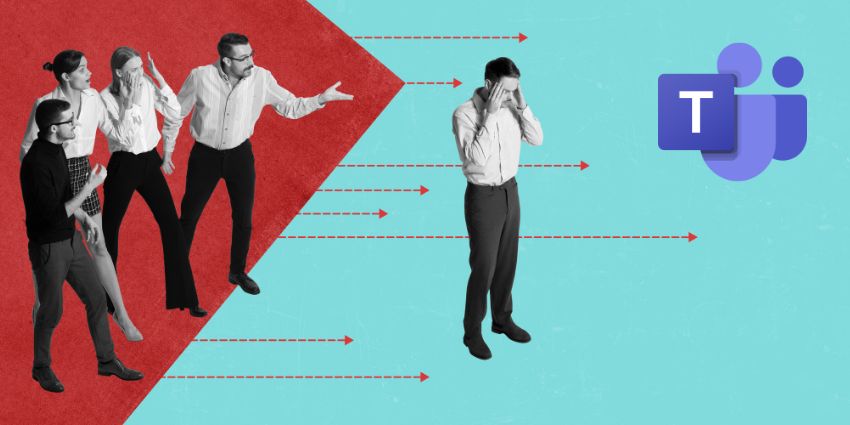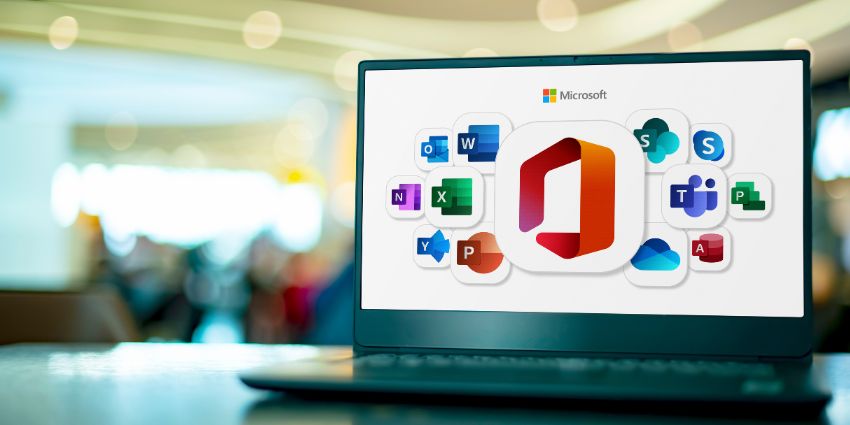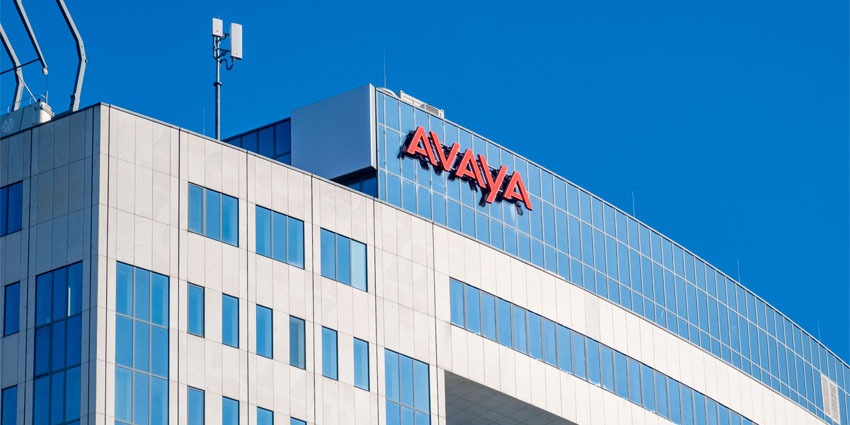Things are starting to change. The UK government has announced dates for getting business and the social structures of society back to some form of ‘normality’, albeit with necessary controls remaining in place to avoid a second pandemic peak.
And while this will come as welcome relief to the UC market at large, for many it will be a decisive test on the health of their businesses as the ‘life support’ of government-backed financial aid is gradually withdrawn.

Julie Mills, CEO of Hampshire-based Support To Win, a company with a portfolio of flexible solutions that ease the reseller pain points surrounding system migrations, installations and deployments, says that many channel communications businesses are getting used to the idea of returning to business in a different form to the March 2020 version of themselves.
“Much will have changed since staff were initially furloughed. For a start it’s unlikely that all your staff will actually fit back in your premises anymore given the two-metre social distancing required to reduce the risk of infection. This is not just an issue for UC providers and partners, but also for every one of their customers.
Of course, many UC businesses – thankfully – will emerge relatively unscathed, perhaps even fitter than before through influxes of new customers who have been keen to benefit from the flexibility of UC solutions. Some may have been exposed to sectors like retail and hospitality, hit hardest by lockdown restrictions. It’s these that will be looking at the most radical change; potentially cutting staff levels, redeploying key people into new roles, preparing for takeover or merger, or even shrinking back to sole trader status and restarting from there. They will all get a bounce, but it won’t be back to the same situation it was and business models will need to adapt.”
According to Mills, many companies are gearing up to align 100% of their efforts into sales, with the inevitable change in focus away from other business operations such as technical pre-sales and support.
“Flexibility will be paramount. You need a plan but you also need the ability to adapt, and that includes using external resources to boost capability where necessary without dragging on the cost base”
“Many firms are closely following the Government’s adjustments to the furlough scheme, which we all know had to taper off sooner or later. From July, companies will be allowed to utilise furloughed staff on restricted hours as a steppingstone to full re-employment post-recovery – and this has big implications for running a support service that may have gaps during working hours, for example.
Others, with an eye to their future, will be putting their houses in order to achieve maximum exit values by consolidating platforms and technologies to be more attractive to potential buyers.”
Already, Support to Win is helping these companies take the interim steps necessary to get back in business, by supplementing their existing support operations with ‘wraparound’ white-label support services that fill-in where necessary to facilitate end-user onboarding and provide continually high customer experience levels.
Julie Mills says that for those organisations looking to immediately hit the ground running with a maximum effort sales operation, Support to Win can enable support to be wholly outsourced in the medium to long term as part of wider strategies to focus on business growth and profitability.
“The return from furlough will be a key process in the bounce back for businesses. We anticipate seeing a gradual and staged return – it could be 10, 15, 25% of employees returning depending upon circumstances. However, the reduction in government furlough payments from 80% to a lower figure may be an indicator of the health of that business and will test and expose their ongoing viability.”
For returning business it is vital that they understand what is available to them. It’s likely they will need at some level to re-imagine and re-invent their business with fewer staff and if they are to go flat out for sales to also recognise the gaps in the service wraps they are likely to leave compared to pre-COVID conditions.
“We are all currently experiencing a phased timeline of change where the opportunity for sales is somewhat matched by the challenge of maintaining a high level of customer service.”
“But,” says Mills, “that’s a problem that can be solved by effective outsourcing”







